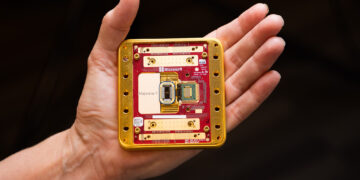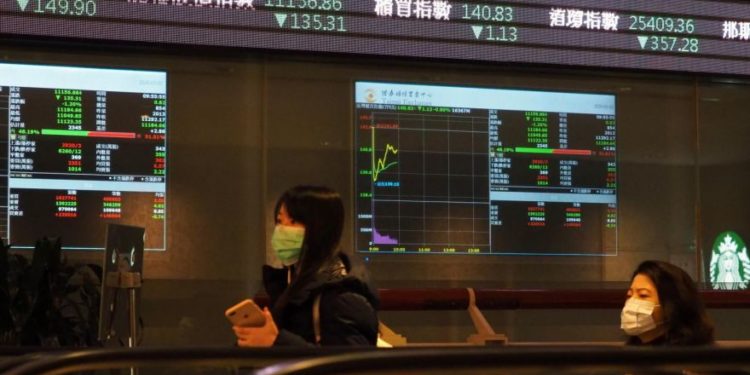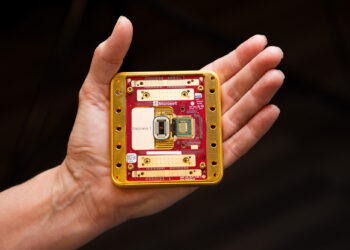Taiwan ‘s Cyber Security Department will use the GPS data from smartphones to check that residents comply with the quarantine imposed by the Coronavirus
How to make sure that residents comply with the restrictive measures imposed by public authorities? The question is very hot right now. From Europe to America, many governments have imposed quarantine on their citizens, but they are finding it very difficult to enforce the orders. In Italy, for example, in the areas most affected by the Coronavirus, the army has even been deployed and even in the USA Donald Trump has summoned the National Guard to defend the quarantine. In Taiwan, on the other hand, the Government has decided to fight the Coronavirus using technology. The Department of Cyber Security of the Asian country has, in fact, prepared (in record time) a real “electronic fence”. It is a smart system that monitors the movements of the inhabitants through the GPS of smartphones. The system exploits geo-location: the authorities can access the data of each citizen’s mobile phone to find out where they are. And obviously punish with a fine of more than 30 thousand dollars those who violate the quarantine by endangering their health and that of others.
You might also be interested in —> A new test recognizes the coronavirus in half an hour
Taiwan: How the electronic fence against Coronavirus works
The meshes of this electronic fence against the Coronavirus are very tight and foolproof. To mock the system, you can’t just turn off your phone or leave your smartphone at home while you go jogging in the park. The Taiwanese authorities can call any citizen in quarantine at any time of the day, even twice a day. If no one answers or the phone is disconnected, the police immediately reach the “smart-ass”‘s home and verify why he is not available. With this electronic fence, the Taiwanese government intends to “prevent people from running around and spreading coronavirus infection,” Jyan Hong-wei, head of Taiwan’s Cyber Security Department, told Reuters. Regardless of its effectiveness, the solution adopted in Taiwan raises many doubts and questions, starting with the issue of privacy. The government has “justified” itself by saying that it is an exceptional measure to deal with an exceptional situation: there are still few cases of Coronavirus in Taiwan (108, according to Reuters) but the epidemic could have a devastating impact on the delicate social balance of the island.
You might also be interested in -> From Japan: “Avigan defeats Coronavirus”. AIFA clarifies

































